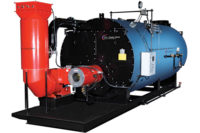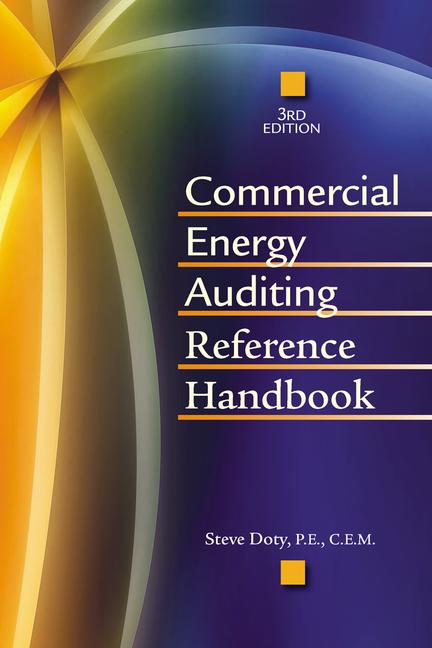“We aren’t surprised by the California experience,” said Bill Steward, product manager for York International’s natural-gas-powered chillers. “And until we change how we use energy, it will eventually happen throughout the country. Even where there is ample generating capacity, distribution during peak demand periods is often insufficient.”
The power drain in August led California officials to declare a Stage Two energy emergency, which triggers pre-arranged reductions in power supplies to commercial customers. Otherwise, cities would have succumbed to rolling blackouts.
The American Gas Cooling Center (AGCC) estimates that 40% of our electricity is used for air conditioning and lighting. During heat waves, the increased electric demand for air conditioning taxes the power grid.
“Businesses that integrate gas cooling into existing air conditioning systems can continue to operate during heat waves. In addition, gas cooling avoids the high cost of electricity during those peak times, mid-day during hot weather, when you need air conditioning the most,” said Tony Occhionero, AGCC’s executive director.
Stewart suggests that commercial, industrial, and institutional energy users examine hybrid chiller plant systems that offer both gas and electric cooling. These systems maximize energy flexibility and minimize operating costs.
“Rolling blackouts are a painful solution to the problem,” said Stewart. “Changing to gas chillers allows energy users to rely less on the nation’s power grid, driving them more cooling options and also more opportunities to save money by purchasing power from multiple suppliers.”
“Deregulation will force us to see the true cost of generating electricity. Electric power is expected to be more expensive during peak demand periods. But during peak periods, electricity should be less expensive. Obviously, having alternate energy sources will be more important than ever,” Stewart added.




